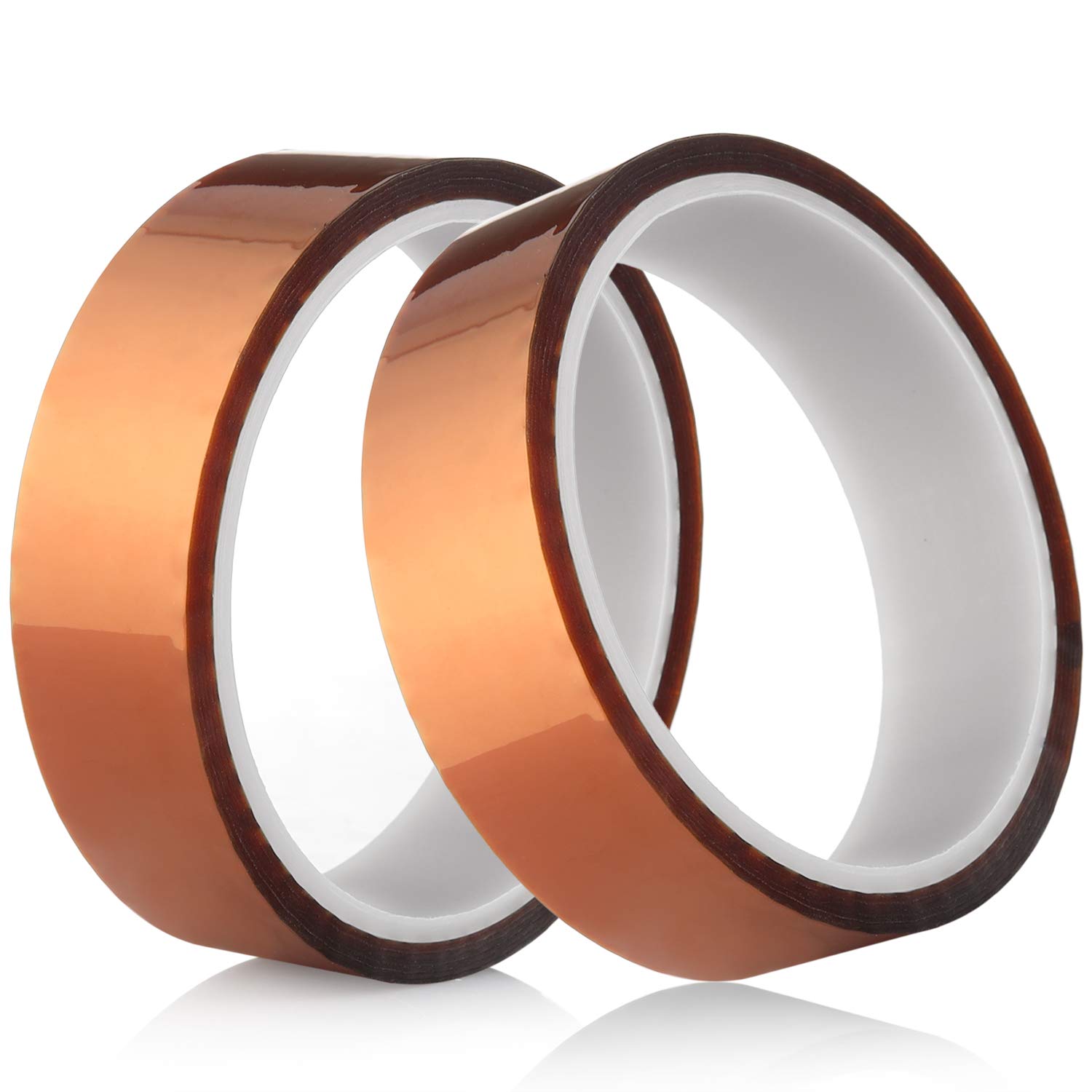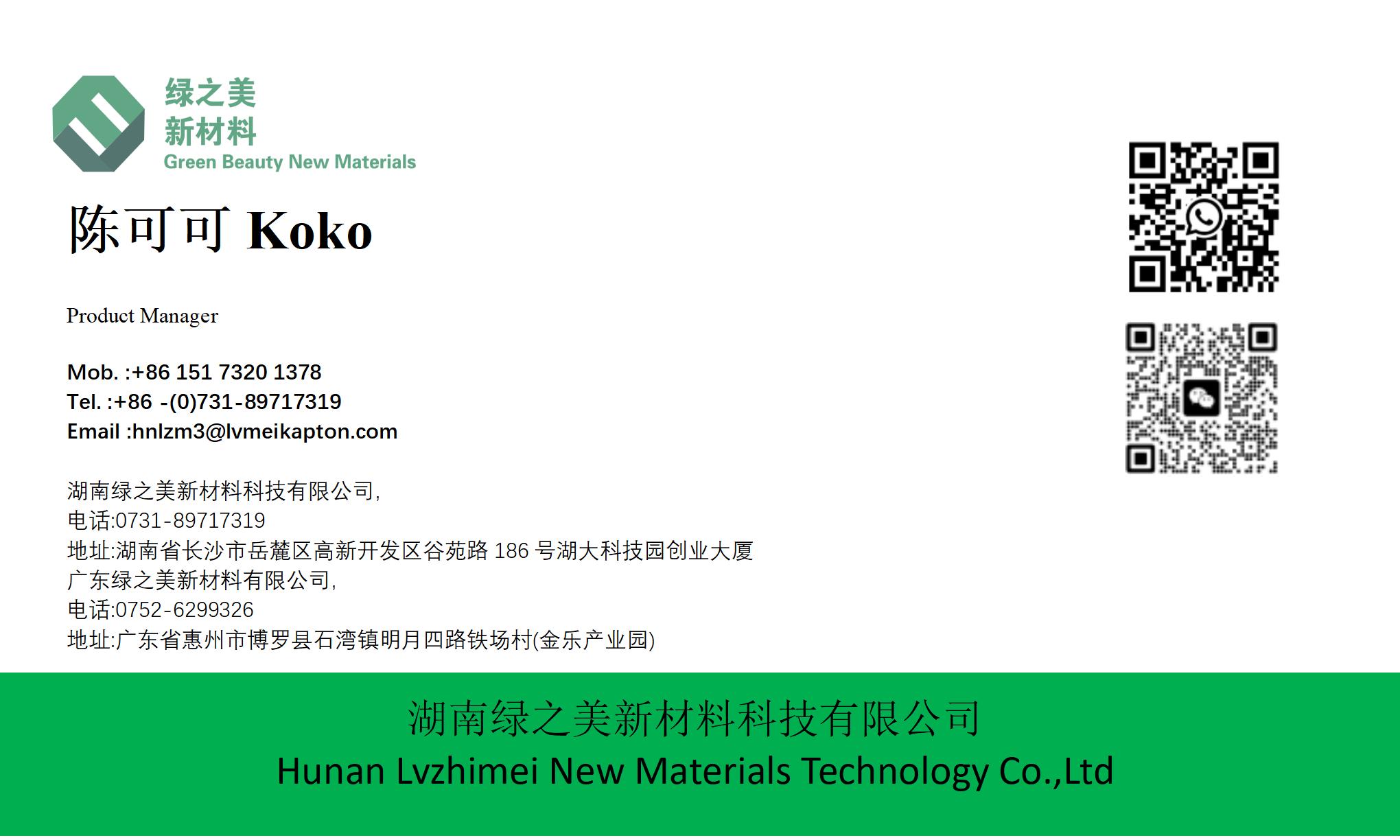



How Does Polyimide Tape's Tensile Strength Impact Gold Finger Reliability in Electronics Manufacturing? |https://www.lvmeikapton.com/
In the intricate ecosystem of electronics manufacturing, gold fingers serve as critical interfaces for connecting PCBs to external devices, demanding uncompromising durability and conductivity. Central to their protection during production and operation is polyimide tape—specifically Kapton tape, renowned for its thermal resistance and mechanical resilience. However, one often overlooked yet pivotal property is tensile strength, which directly influences gold finger integrity, production efficiency, and long-term device performance.
Tensile strength, defined as the maximum stress a material can withstand before breaking under tension, dictates how polyimide tape behaves during lamination, soldering, and post-processing. In gold finger applications, where precision is non-negotiable, low tensile strength can lead to tape tearing during manual or automated handling, exposing delicate gold-plated surfaces to scratches, contamination, or chemical damage. For instance, during wave soldering, tapes with insufficient tensile strength may stretch or rupture under high temperatures (up to 260°C for short durations), leaving gold fingers vulnerable to solder bridging or corrosion.
Conversely, high-tensile-strength Kapton tape offers dimensional stability, ensuring it remains intact during aggressive manufacturing steps such as automated peeling, cleaning, or conformal coating. This reliability reduces production downtime caused by tape failure and minimizes rework costs associated with damaged gold fingers. For B2B manufacturers supplying electronics to industries like aerospace or automotive—where component failure can have catastrophic consequences—using polyimide tape with verified tensile strength specifications becomes a competitive differentiator, reinforcing trust in product quality and compliance with stringent industry standards.
Material | Temperature Resistance (°C) | Flexibility | Chemical Resistance | Electrical Insulation |
PI Tape | Up to 300°C | High | Excellent | Excellent |
Ceramic Tape | Up to 1000°C | Low | Good | Good |
Glass Cloth Tape | Up to 500°C | Medium | Good | Good |
Aluminum Foil Tape | Up to 200°C | Low | Fair | Poor |





